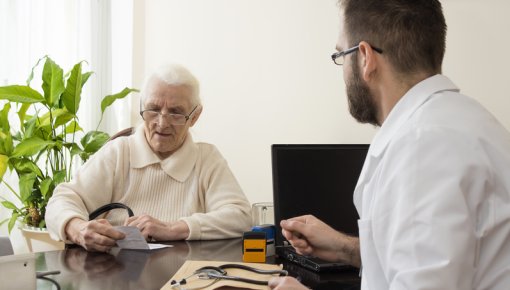Can special support improve the use of CPAP therapy?

Psychological and practical support can help people to stick to CPAP therapy and also use the machines for longer at night. It is not known how this intensive support affects the symptoms.
People with obstructive sleep apnea snore heavily and experience longer phases of shallow breathing (hypopnea) and breathing pauses ( apnea) when they sleep. This happens because their airways narrow and sometimes become completely blocked when they lie down to relax. Snoring itself is harmless; but breathing pauses can wake you up and keep you from getting a good night’s sleep.
